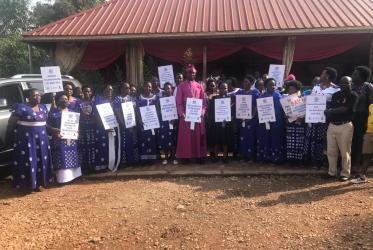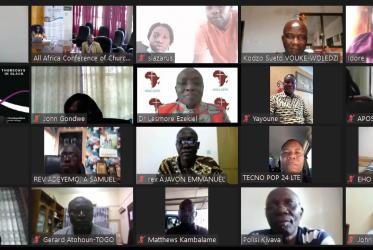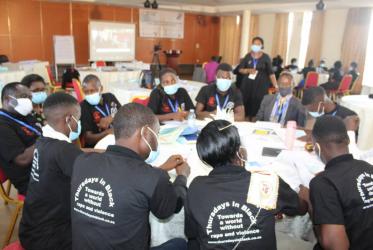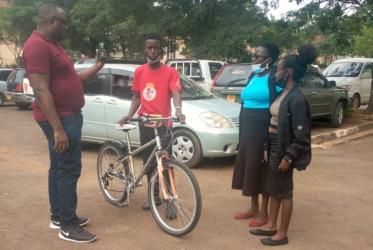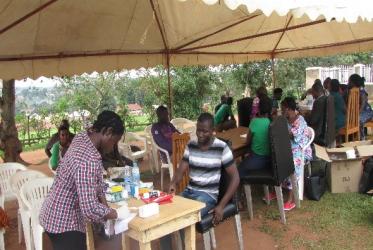Mostrando 1 - 20 de 43
20 Junio 2023
WCC condemns Uganda school attack
19 Junio 2023
WCC condemns bombings in Uganda, calls for justice
18 Noviembre 2021
In Uganda, resilience and hope overshadow stigma
31 Julio 2020
Youth leaders: “We will stop at nothing” to end HIV and violence
17 Octubre 2019
Frontline advocates in Uganda are putting a stop to HIV stigma
16 Septiembre 2019
WCC treatment manuals address HIV challenges in Uganda
02 Agosto 2019

